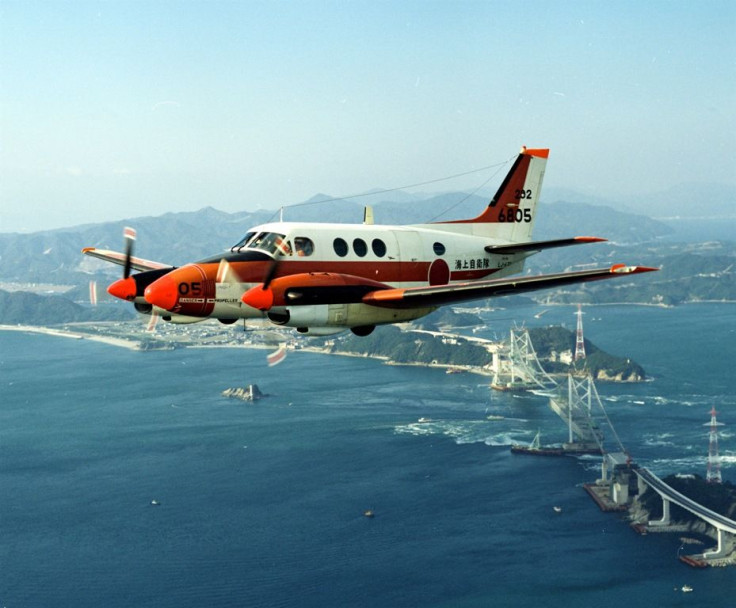Australia warns Asia against China’s activities in South China Sea

As controversy over the South China Sea dispute continues to build, escalating tensions, Australia puts a word of caution, saying that it might leave Asia in jeopardy as a result of a military blunder.
Australia strongly believes that Asia could face dire consequences as a result of the rivalry that’s brewing between different nations and China. Although China has recently agreed to make substantive moves to adhere to a binding code of conduct for Association of Southeast Asian Nations, or ASEAN countries, it continues to deploy large-scale reclamation efforts in South China Sea waters.
China’s moves have severed its relationship with Vietnam, the Philippines, Brunei, Malaysia and Taiwan, with U.S coming first on the list. Although, Australian Defence Minister Kevin Andrews refused to take sides, his comments manifested the concerns that arose from the artificial island-building in the flashpoint waters of the South China Sea.
"We don't believe that turning a reef into a military airport is enhancing the peace and security of that region," Andrews said during a visit to India. He also claimed that South China Sea tensions can potentially threaten Australia's interest and blamed the miscalculation for increasing the fears.
According to the Pentagon’s documents, China has recently reclaimed 17 times more land in the region within one and a half years as compared to any other country over the past 40 years. In a bid to strengthen its allies, Australia has announced strategic partnership with India. Both the countries are set to work together in a naval operation in the waters of Bay of Bengal in September.
At the same time China is Australia's most important trading partner. Therefore, Andrews believes that maintaining a cordial relationship would be favourable for both the countries. "We have not taken a stance on the various claims to rocks and reefs and outcrops and artificial islands in the South China Sea," he added.
He insisted that the dispute that has crept up should be solved in a peaceful manner, indicating the implementation of a code for ASEAN countries. However, during the high-level diplomatic talks in Kuala Lumpur last month, China showed lack of interest.
According to Reuters, Australia believes that the region would be accountable for 21 of the world's 25 top sea and air trade routes, two-thirds of oil shipments and a third of bulk cargo movements.
Andrews asserted that Australia would continue using South China Sea and sky routes in the future and added that countries should focus in making better strategies which would prove beneficial to all the nations.
Contact the writer at feedback@ibtimes.com.au, or let us know what you think below.





















